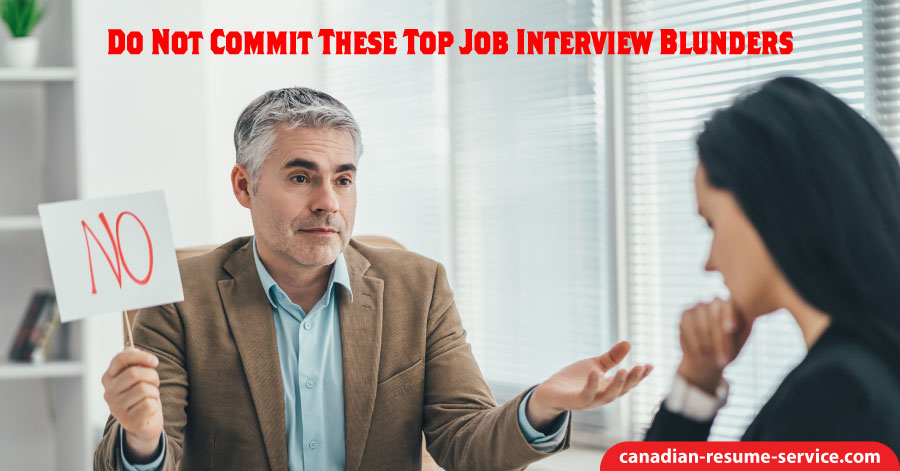Avoid making these common job interview mistakes! Searching for a new job is inherently stressful. Not only must you ensure your resume and references are prepared, but you also need to navigate through initial and possibly subsequent interviews for each role.
Before heading into an interview, it’s essential to consider certain factors. Interview blunders occur frequently, resulting in individuals losing out on coveted job opportunities. By adequately preparing beforehand, you can avoid these pitfalls and increase your chances of success.
Not Being Prepared
Many applicants neglect to conduct thorough research on the company they are applying to. They fail to recognize that some interviewers prioritize candidates genuinely interested in the company and its operations.
To increase your chances of success, invest time in researching the company before the interview. Explore its history, products/services, key personnel, and recent developments or achievements. This knowledge will demonstrate your enthusiasm and preparedness to potential employers.
Dressing Inappropriately
Another common mistake individuals make is dressing inappropriately for an interview. If uncertain about the dress code, consider visiting the company premises to observe the attire worn by employees. Alternatively, observe attire from outside the company during opening or closing hours.
For professional positions, opt for formal attire such as a well-fitted suit. In contrast, dress appropriately while maintaining a neat appearance for warehouse, industrial, or outdoor roles. This attention to attire reflects your respect for the company and the position you are pursuing.
Ineffective Communication
Pre-interview jitters are common among many individuals. Before the interview, take steps to calm yourself and prepare adequately. Remember that the interviewer is fulfilling their professional obligations, not serving as an intimidating presence to be intimidated by.
Approach the interview with confidence, striking a balance between self-assurance and humility. Maintain proper etiquette by offering a firm handshake, maintaining eye contact, and speaking collectedly. Avoid extremes such as whispering or yelling; instead, communicate naturally and respectfully, refraining from excessive jokes or slang. Engage in polite conversation and pose relevant questions without monopolizing the discussion.
Be mindful of the interviewer’s perception of excessive or insufficient communication during the interview, as it can impact their assessment of your candidacy.
A Few Other Blunders to Avoid
When discussing the job, refrain from listing personal preferences or dislikes. Instead, express a willingness to learn and adapt to any required tasks.
Avoid speaking negatively about previous employers. Focus on highlighting what you can contribute to the company rather than dwelling on past grievances.
Don’t overlook the importance of a follow-up after the interview. Taking the initiative to follow up a few days later demonstrates your continued interest in the position.
Instead of passively waiting for the company to contact you, take the proactive step of making a follow-up call. This action signals your enthusiasm and commitment to potential employers.
What other common job interview pitfalls can you identify and avoid?
Share your thoughts below! For further assistance in interview preparation, contact Candace for personalized guidance.

